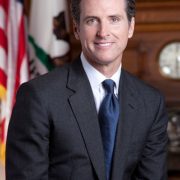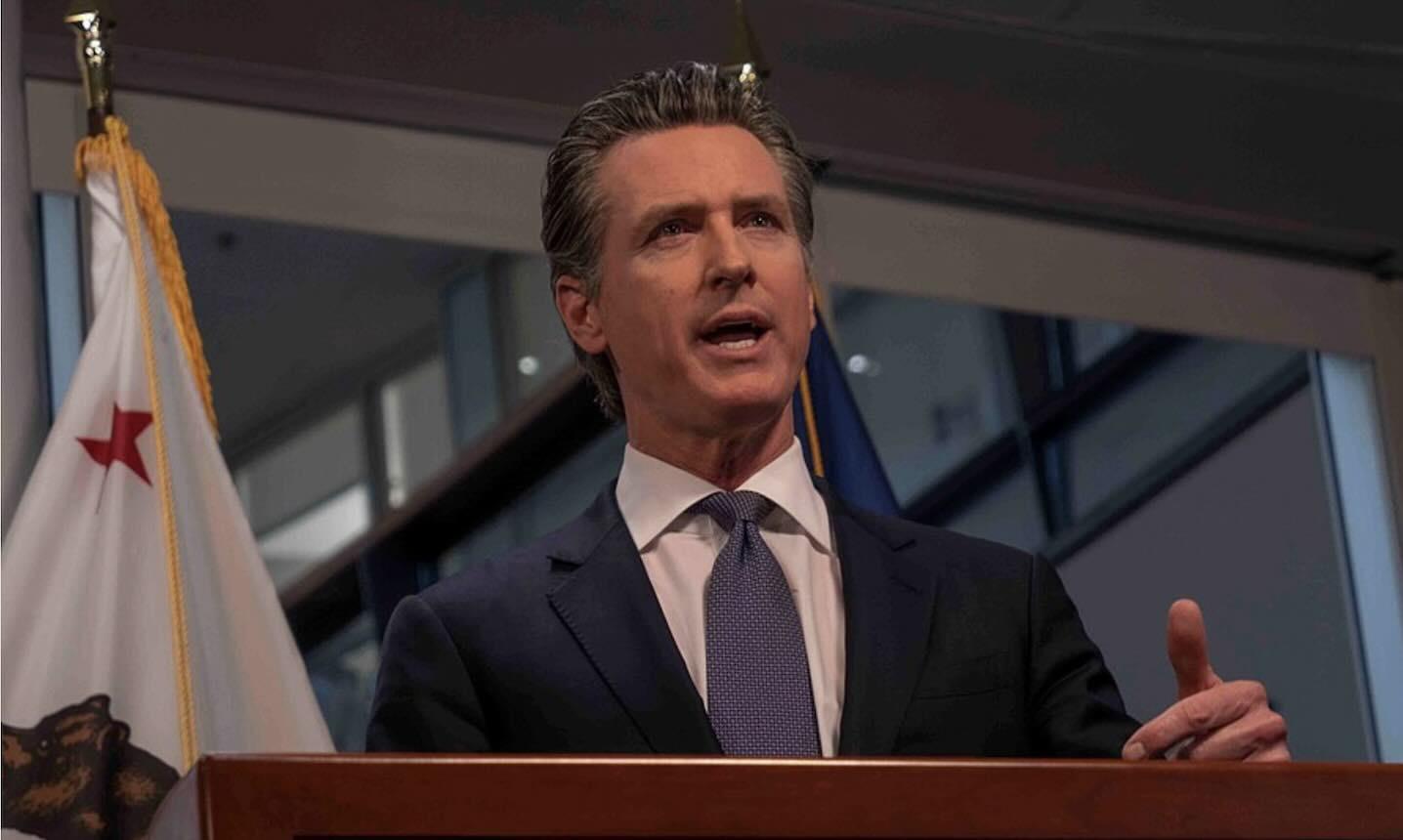Among the state’s many concerns, California Governor Gavin Newsom this week detailed the state’s plans for two of the most pressing issues plaguing the state: the cost of health care and the growing homeless community.
In a teleconference with Asian American media, Newsom doubled down on his plan to move the state towards a universal health care system that would include an expansion of Medi-Cal decrying the GOP’s efforts to gut the Affordable Care Act (ACA).
Specifically, Newsom — who has so far clocked in five months as governor — wants to re-establish the individual mandate from the ACA into the state’s health care legislation. The individual mandate, introduced in a pair of Senate bills this year, would require every Californian to have health insurance or pay a tax penalty.
Opposers of the mandate — including President Donald Trump — argue that it’s unfair to penalize individuals for not having insurance, but supporters like Newsom say that without the mandate, insurance premiums will continue to increase. (According to Newsom, the removal of the mandate bumped premiums up 9%.)
Another part of Newsom’s health care plan includes expanding Medi-Cal coverage to 2.5 million undocumented youth, noting the 463,000 undocumented Asian Pacific Islander youth that would be eligible.
“If you believe in universal health care, then you believe in covering everybody, regardless of immigration status,” Newsom said.
Newsom also noted that the budget will also focus on cutting the cost of pharmaceuticals as he moves the state toward a single-purchaser system. With this year’s budget plan, the state would save $400 million annually from the $13.5 billion spent on pharmaceutical drugs.
The governor detailed his massive $1 billion plan to curb the growing trend of homelessness and combat the state’s continued housing crisis in what he called the state’s “most robust homeless investment the state has ever made.”
The plan would allocate $275 million to 13 counties and another $275 million to 13 cities that are experiencing the highest concentrations of homelessness. Funds would be appropriated to “housing buckets” which would kickstart construction new lower-income housing units through tax credits, loan subsidies and grants.
Additionally, the plan funds a new government task force that would work with local jurisdictions on how best to combat their unique homelessness circumstances as well as fund rapid rehousing programs, hotel and motel conversions and resource centers as well as workforce training and mental health programs for homeless individuals.
“I don’t want to over-promise that we can turn this around overnight, but this issue of housing is deeply complex [and] it’s taken us decades to get to this point. We have to get serious here,” Newsom said.
Last year, the state built 77,000 new housing units as a result of state and local efforts, but Newsom said that isn’t “even close to where we need to go.”
California ranks 49 out of 50 in the whole country when it comes to providing new housing units, according to a 2016 report from the McKinsey Global Institute. (Klarize Medenilla/AJPress)






